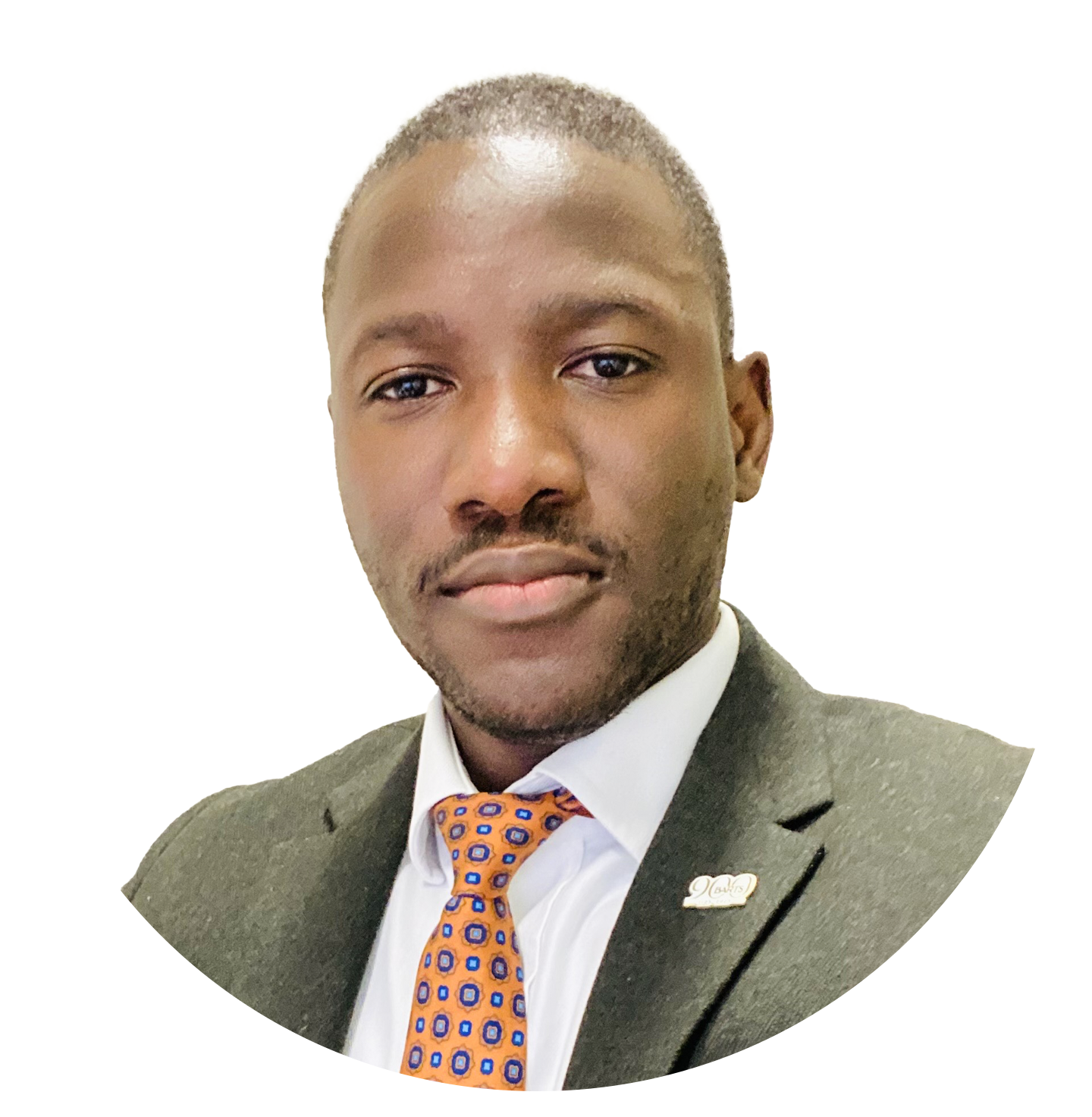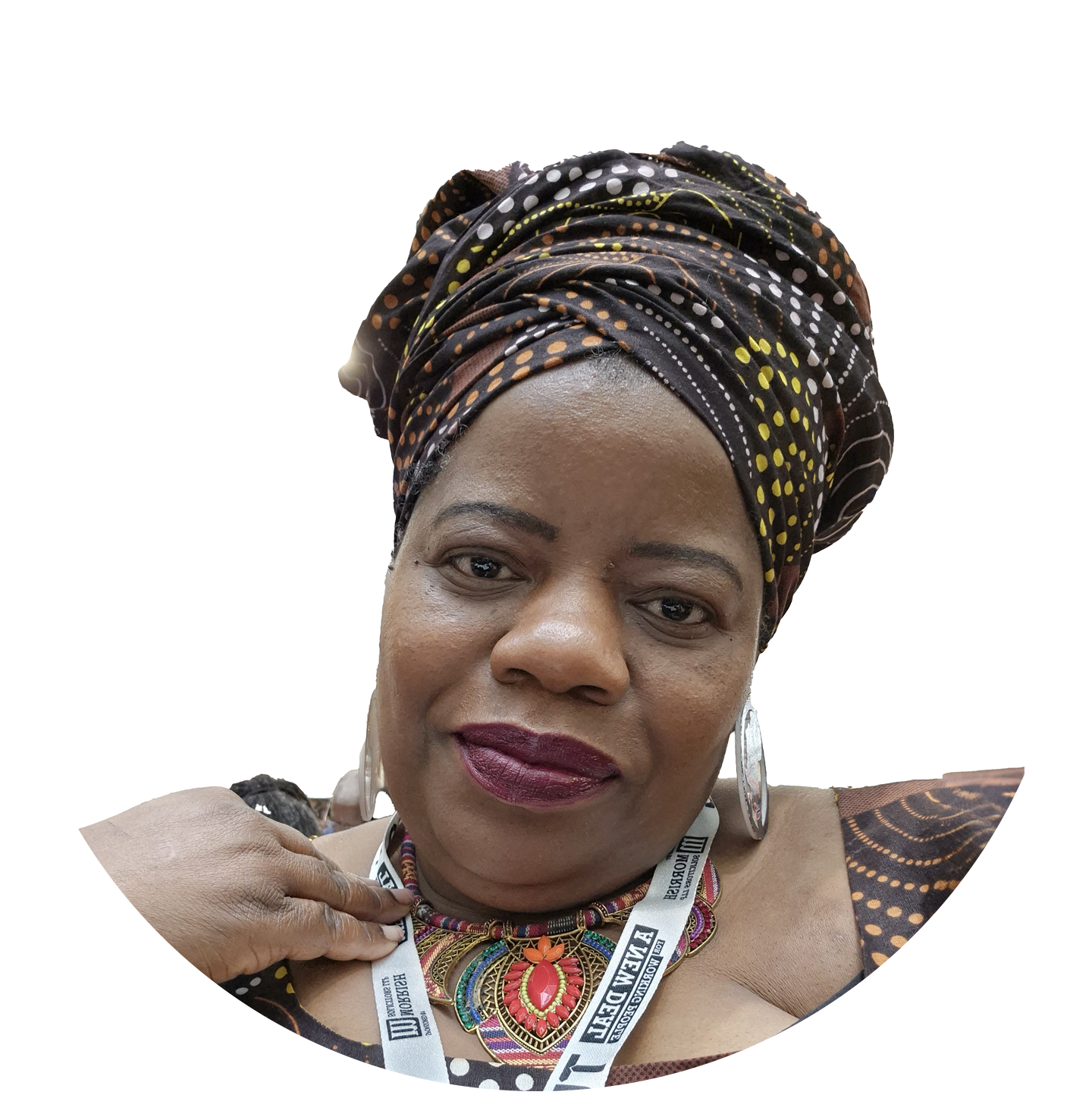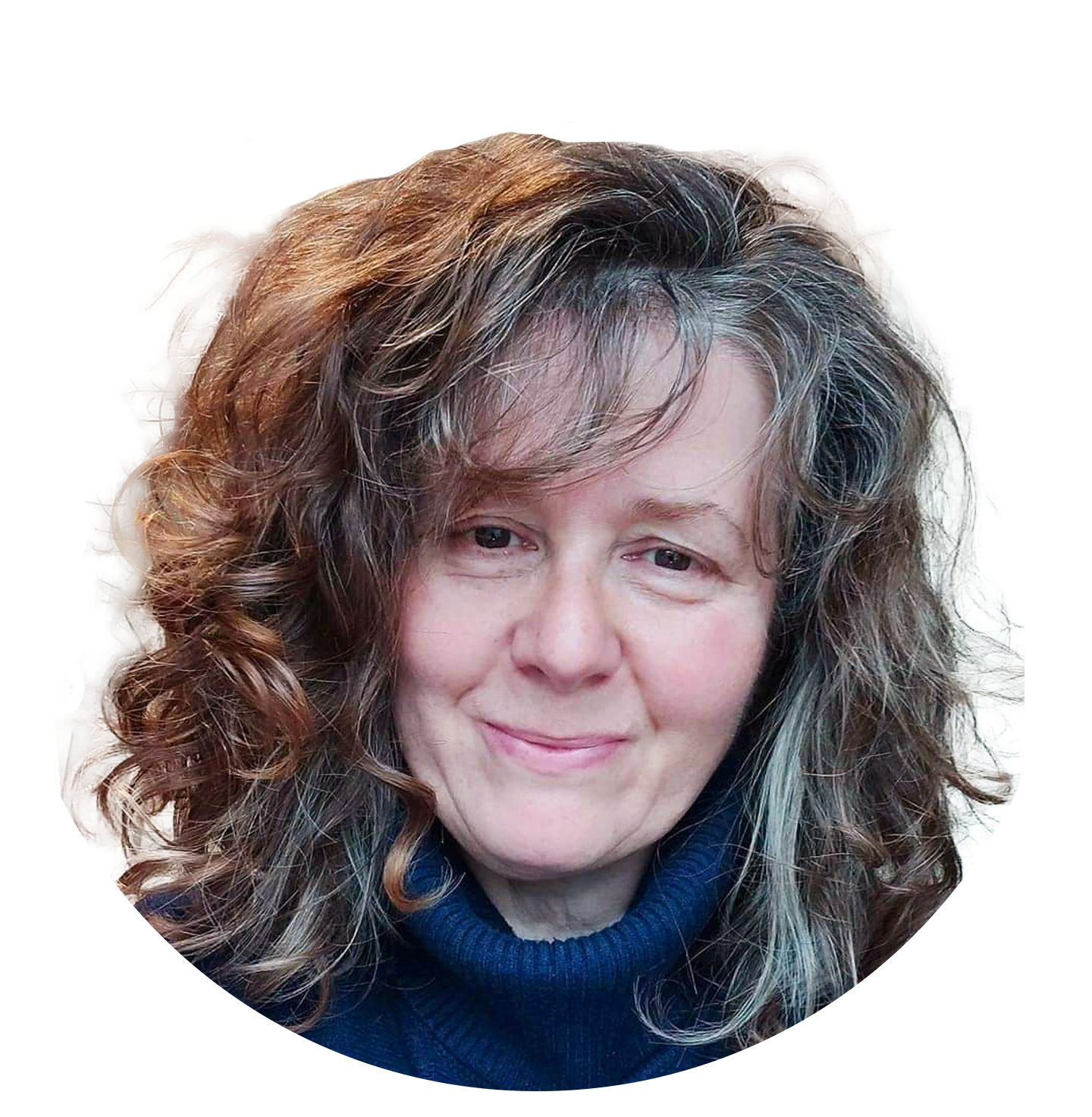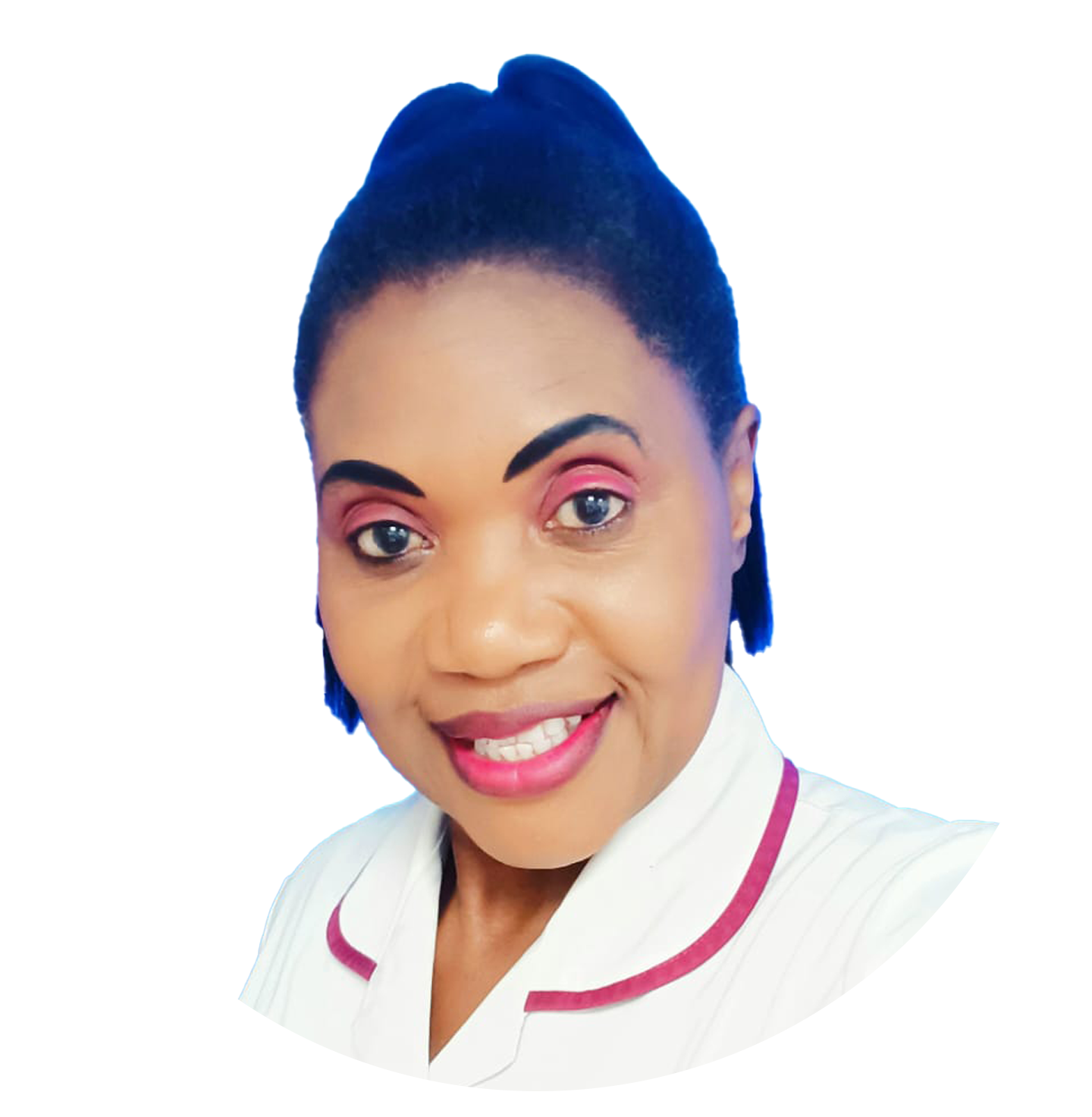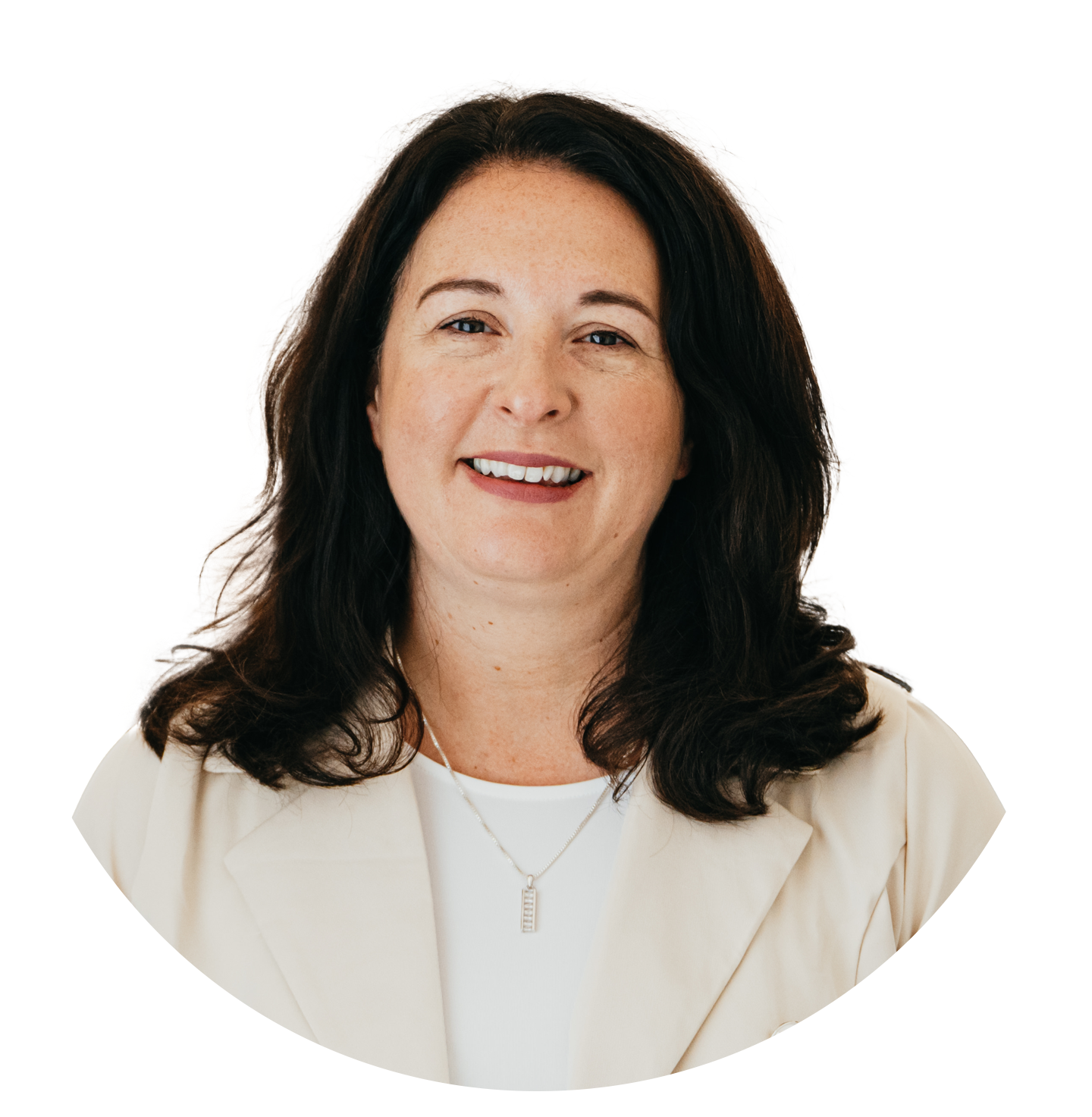Helping every member feel empowered: why is equity, diversity, inclusion and belonging important to the SoR?
As a trade union and professional body, the SoR prioritises EDIB efforts to ensure it supports all its members. Marese O’Hagan investigates what championing diversity really means in radiography
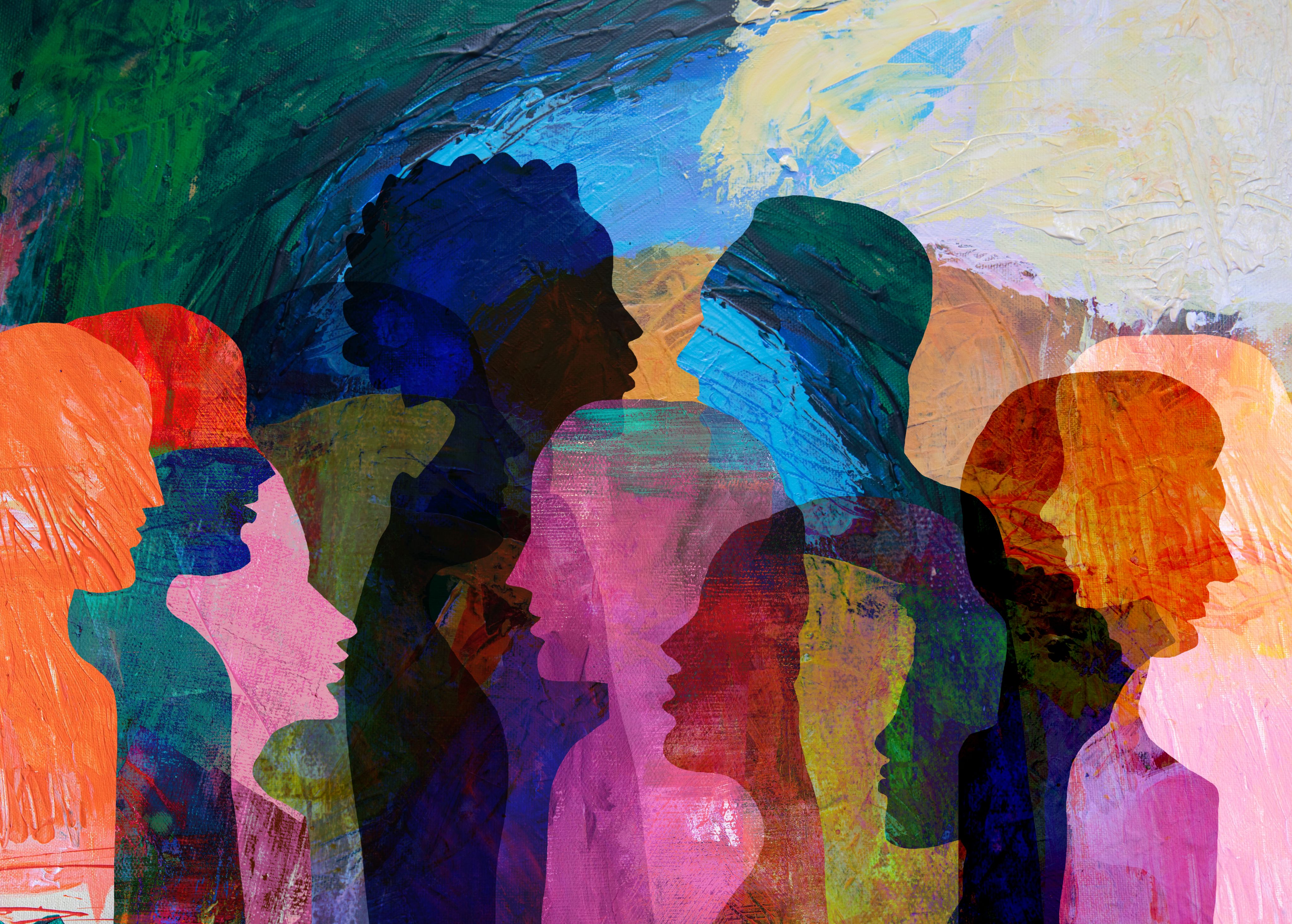
The chance to examine the SoR’s equity and inclusion efforts could not have come at a better time. The organisation is hot off a busy few months of equity-centred activities, which have offered countless opportunities to showcase its commitment to inclusion.
Earlier this year, the society launched its Equity, Diversity, Inclusion & Belonging (EDIB) Action Plan 2025-2027, to set out its commitment to truly embodying inclusivity. In the foreword to that document, available here, SoR CEO Richard Evans says: “We understand that fostering inclusive cultures and embracing anti-racist practices are essential not only to our success but to the wellbeing, engagement and empowerment of everyone we serve.”
With that message in mind, Synergy decided to investigate why EDIB is such a core part of the SoR’s mission, and what actions are being taken to champion EDIB across the organisation.
Flying the flag
On 5 July, SoR members and staff gathered at London Pride to march in the 35,000-strong parade, waving flags and handing out sweets to attendees lining the streets. London Pride is the UK’s largest Pride event, and the SoR grabbed the opportunity to get stuck in and represent its LGBTQI+ members.
Kyle Cox, a senior lecturer in diagnostic radiography at the University of Lincoln, is secretary of the SoR’s LGBTQI+ Equalise Group, which helps organise the SoR’s involvement in Pride festivals around the country.
Kyle Cox
Kyle Cox
“[EDIB] is a huge priority,” Kyle says of the SoR’s commitment. “I think, at the moment, everyone assumes we’re in a very progressive society. But I think if you’re from a minority group, whatever group that is, you know that actually it’s not as progressive as you’d like it to be.
“And for us, we feel quite strongly that there are a lot of quite significant issues that need the society’s attention. And all of the support they give us to progress that and try and advocate for our members and our patients really helps. We need that support more than ever.”
That’s why Pride is such an important event for the SoR to attend – to showcase the LGBTQI+ community within radiography.
Meeting members’ needs
As secretary of the Equalise Group, Kyle works with James Barber, the group’s chair, and Chris Agathokleous, co-chair, to help steer the society on LGBTQI+ matters. The group meets up around once a month and provides a safe space for people to talk about anything that might be affecting them, their colleagues or their patients.
As well as supporting colleagues professionally, the group offers newer radiographers the chance to socialise and collaborate with people who identify as being from a similar community to them.
Kyle believes that, from an organisation perspective, prioritising EDIB is key because it recognises the breadth of membership within the union. “If your trade union doesn’t represent all of your members, then your trade union’s not doing its job properly,” he continues. “We’re lucky that the society takes that very seriously and they work really hard to make sure we have that support, and it’s about continuing that support even when things get really difficult.”
But he adds: “It sounds like it’s very serious, but it’s honestly very informal and a good laugh in our meetings.”
London Pride 2025 was just one of a number of Pride events attended by the SoR in recent years. Last year, the LGBTQI+ Workers Group marched in Glasgow Pride, and the SoR also attended various other Pride events across the UK in 2023.
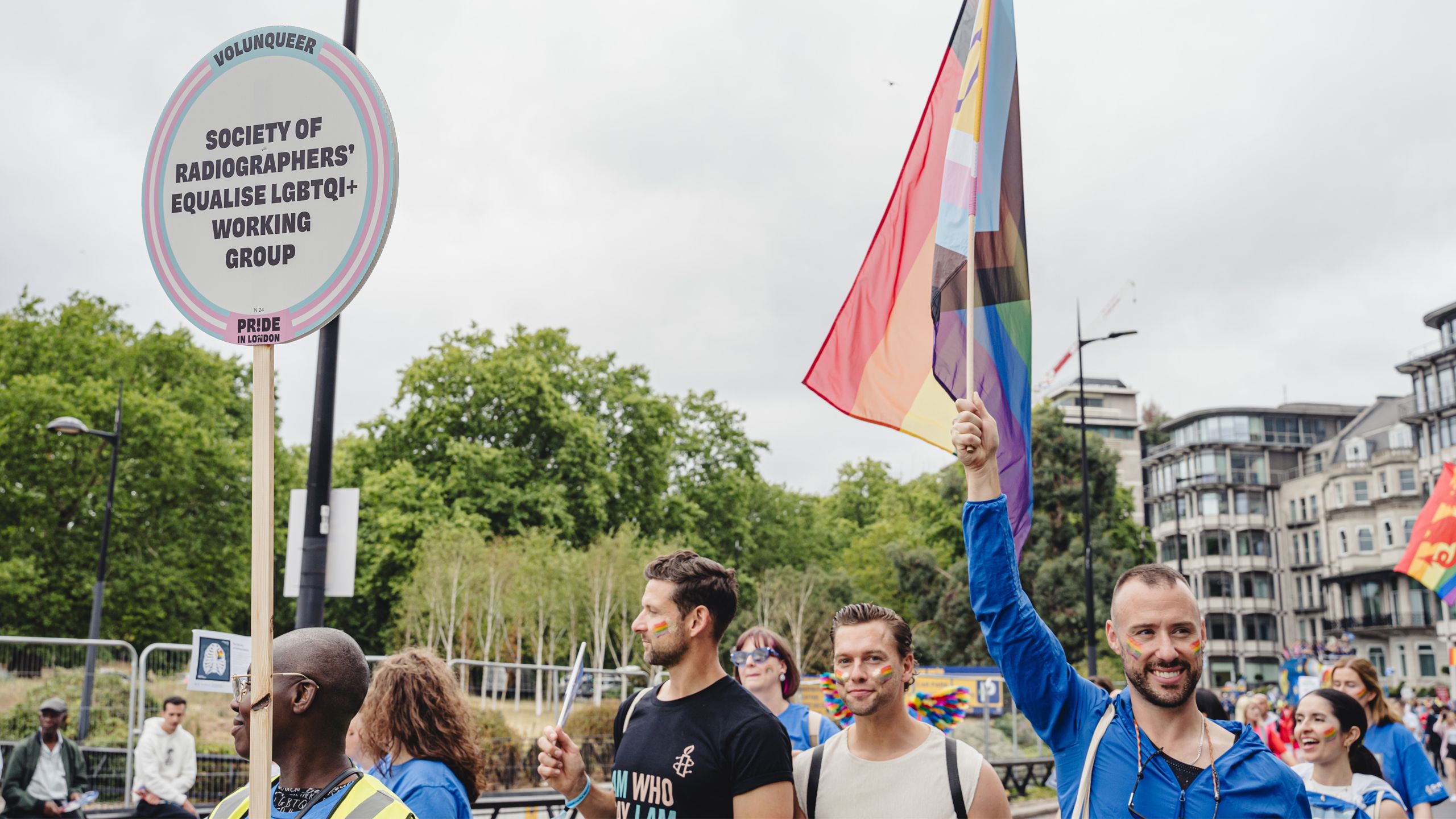
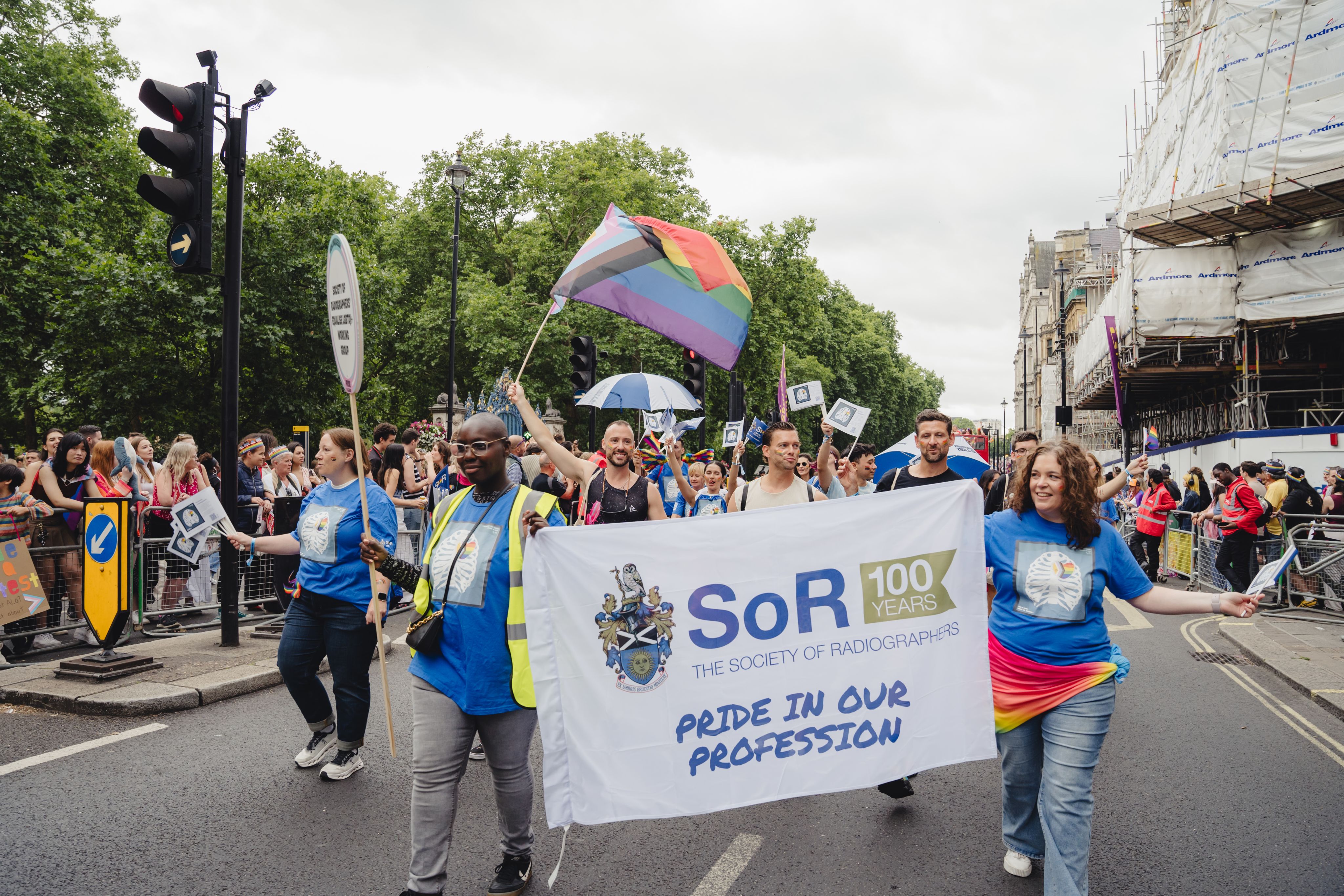
Representing the SoR
But Pride is only the beginning for the SoR’s work in equity and inclusion. There are plenty of other events on the calendar where SoR members and reps help champion EDIB.
Estevao Bagi, nuclear medicine clinical and service manager at King’s College Hospital, attended the TUC Black Workers’ Conference in April, taking on the roles of volunteer co-chair and lead delegate for the SoR Race and Equality Group. “It was a privilege to be part of such a powerful and impactful ecosystem, where professionals with diverse backgrounds and from various industries came together to address inequalities and the challenges facing our communities,” he tells Synergy. “In this context, black represents everyone who is ethnically diverse, bringing a sense of togetherness and a single, united voice to tackle racism and discrimination against brown and black professionals in the workplace.”
Estevao Bagi
Estevao Bagdi
At the conference he drafted motions, one of the most important being Motion 12, which secures support and addresses discrimination against ethnically diverse students on clinical placements. The motion was presented successfully by Comfort Ogunbanjo, a new member of the team. “Empowering them to deliver the motion was a powerful moment in nurturing the next generation of advocates, and they did exceptionally well,” says Estevao.
Epiphania Muranda is a clinical interventional radiographer lead and a radiation protection supervisor at Manchester University NHS Foundation Trust. She attended the TUC Women’s Conference earlier this year and, like Estevao, was the delegate lead. “As delegate lead, my role was not just to represent our team, but to ensure that every single member felt informed, supported and empowered to take part,” she explains. “From the outset, I took responsibility for making sure everyone knew where to go, what was happening next and how they could participate fully.”
Epiphania Muranda
Epiphania Muranda
Though she found the conference insightful, Epiphania also points out how her team supported one another in a way that reflects the very best parts of prioritising EDIB. “I was proud to see our team championing motions that tackled issues of inequality, discrimination and fairness head on,” she continues. “The commitment to EDIB was not just in the motions we supported, it was in the way we worked as a delegation: respectful, inclusive and connected.
“I left the conference feeling proud, not only of what we achieved collectively, but also of the culture we built within our team.”
‘It was a privilege to be part of such a powerful and impactful ecosystem’

An inside view
As well as attending external events, there is important work going on inside the SoR to ensure its structure supports its EDIB values. The dedicated staff who work within the SoR have a front-row seat to how the organisation promotes EDIB – and, in many cases, they play a crucial role in how it is implemented.
Shelley Whittington, employee relations and human resources business partner at the SoR, is the HR lead at the professional body and trade union. The HR team is responsible for supporting the SoR across all aspects of HR, including employee relations, wellbeing, development and recruitment.
Shelley Whittington
Shelley Whittington
Shelley says EDIB adds ‘belonging’ into the mix as the bedrock of all the organisation does. This is apparent in the ongoing plans the SoR has to implement more EDIB initiatives within HR. “We have been working consistently hard for a number of years on our EDIB work,” she tells Synergy. “We have a Joint Equalities Committee dedicated to this work, and the action plan is constantly evolving, constantly ongoing. So there’s always more work to do. And there’s complete commitment and drive to get that work done. But it’s never finished.”
As part of this work, the SoR’s EDIB action plan sets out ambitious priorities for the coming years – from revising its equality impact assessments and delivering a member and staff data collection project to inform its EDIB work and ensure the organisation is truly representative, to strengthening collaboration with external partners on best practice and equity standards.
The plan also commits to embedding inclusive recruitment processes, creating tailored support for international and early-career members and developing new member networks. Crucially, it reinforces that accountability rests with the whole organisation, building a culture of collective responsibility where EDIB is not a standalone initiative but the foundation for everything the SoR does across the workforce, profession and patient care.
EDIB efforts within the SoR are also supported by a team of inclusion champions: SoR employees who volunteered to take on the role. Inclusion champions work to move the internal EDIB agenda forward by prioritising wellbeing and providing safe spaces for colleagues to explore issues and concerns. They take an active role in recruitment panels and promote learning and knowledge sharing across the organisation. Some team members are trained in specific areas, such as mental health first aid, autism and menopause. Soon, the team will be expanded to include LGBTQI+ and neurodiversity champions.
As for why it is so important to drive EDIB from the inside, Shelley points out that EDIB is key to everything the SoR does, and that it is the central platform for all SoR internal and external activities. She says success depends on accountability at every level, creating a culture where EDIB is everyone’s business, with collective responsibility for ensuring the SoR is representative, inclusive and truly aligned with its values. “There is a legal obligation, but there is also a moral obligation,” Shelley continues. “EDIB is important to us as an organisation, as a trade union and as an employer. It’s central to our values and is really important in all the work we do.”
Providing a safe space for members
The work carried out by the SoR’s various internal groups is critical to allowing the society’s EDIB mission to hold any weight. Senior specialist nuclear medicine radiographer and specialist paediatric radiographer Constance Seddon is the current chair of the SoR’s Race Equality Group. At time of writing, the group had just concluded elections for a new chair and deputy chair, the results of which will be announced soon.
The Race Equality Group meets up around four times per year, with meetings usually held in the evening to accommodate members’ work schedules. The group also has a private data sharing platform, where they discuss motions they would like to take forward to forums such as the SoR’s Annual Delegates Conference (ADC).
Constance says she has noticed a rise in interest in the Race Equality Group, which she puts down to publicity from its communications team and an increased presence of group members at conferences. “I remember, there was one ADC that I attended and you could count how many members of Race Equality were present,” she says.
Constance Seddon
Constance Seddon
“As we progressed, there has been quite an increase in the number of people coming to events or, rather, being invited to events and responding and being selected to come and attend.”
Much like the Equalise Group, the Race Equality Group offers a safe space for members to voice their suggestions or concerns, which can then be taken forward as formal motions. “They can say what they expect out of the SoR, what they’re not getting, what they want the future to look like and the challenges they are facing,” Constance continues. “It’s a space where people can say what they think without fear of being victimised or where they just feel free to speak to people who they regard as the same as themselves.”
For Constance, the fact the Race Equality Group and the Equalise Group exist within the SoR demonstrates that it cares about showcasing and supporting diversity. “It shows they are considering the diverse workforce and trying to address the issues,” she says.
‘Forming those groups shows the SoR is considering the diverse workforce and trying to address the issues’

Supporting Special Interest Groups
As part of its day-to-day work, the SoR also supports a number of Special Interest Groups (SIGs) across a huge range of areas. These are groups usually based around a particular topic within radiography, from advanced practice to MRI for radiotherapy planning. The SIGs can also form an important part of the sense of ‘belonging’ the SoR is aiming to champion.
Noyal Mathew is head of professional development and education for the Professional Alliance of Indian Radiographers (PAIR) SIG. The group aims to instil values found in research, leadership and clinical practice into the Indian and wider international radiography community working in the UK, as well as to help international radiographers assimilate into the UK radiography community. It has been running for just over a year.
Noyal says the SoR has been a great help in promoting the SIG to members and ensuring it optimises its reach: “The SoR has been so kind to provide us with a foundation and a platform to promote the SIG and help steer its activities in a direction that also aligns with the SoR’s objectives.”
Noyal Mathew
Noyal Mathew
The group held meetings to decide how membership should be determined. Feedback from the international diaspora led them to keep PAIR SIG open to radiographers of any origin, and so hopeful members do not necessarily need to be Indian to join.
Promoting SIGs – particularly those built to support minority groups in radiography – is another way the SoR shows that EDIB is a priority. “I think the SoR has been doing a phenomenal job when it comes to promoting EDI, and such SIGs are reminders and manifestations of that ethos,” Noyal continues. “There is a huge gap between international radiographers performing at their peak and where they currently stand. Such SIGs are there to promote career progression for these radiographers.
“It’s very important to promote these ventures that help international radiographers to work at their peak.”
‘There’s still a lot of work to do’
Leandre Archer is the SoR’s head of industrial relations. Day to day, she manages the regional officers within the Trade Union and Industrial Relations (TUIR) team and its admin staff. In a role so closely tied to the SoR’s trade union roots, Leandre sees promoting EDIB as an organisation as crucial. “It’s really important that we reflect the diversity in our membership,” she tells Synergy. “I think we do that really well. We have a very diverse membership and rep network.
Leandre Archer
Leandre Archer
“But there’s still a lot of work to do in making sure we’re addressing the barriers, that we’re getting the unrepresented voices heard and making sure that we create inclusive environments for all our members, and that people feel safe in those environments to be their authentic selves.”
By being at the forefront of EDIB efforts in radiography, Leandre continues, the SoR can also act as role models for other organisations. “If we can’t do it, then it says something to all other organisations,” she continues. “I think trade unions and professional bodies are really well placed to not only implement an action plan, but to bring it to life.
“We’ve done so much work in this space that I would hope that other unions and other organisations can look to us for help and support to implement their own.”
More about EDIB and the SoR
The SoR is committed to promoting EDIB across the organisation, ensuring that it accurately reflects its membership base. Its Equalise network offers members the chance to get involved with issues surrounding equality and diversity across a number of topics, with membership open to join its LGBTQI+ Workers Group, Women Workers Group and more. Find out more about the SoR’s EDIB work in the Society and College of Radiographers (SoR | CoR) Equity, Diversity, Inclusion & Belonging Action Plan 2025-2027 here.
Image credit: Getty Images
Read more




